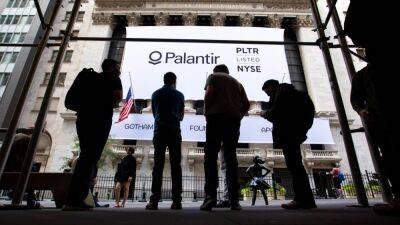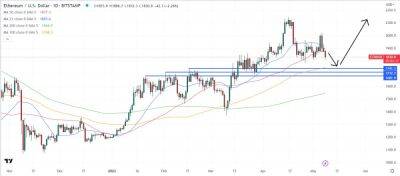Tether blacklists validator address that drained MEV bots for $25M
Tether, the issuer behind the leading stablecoin USDT has blacklisted an address that drained Maximal Extractable Value (MEV) bots for $25 million last week.
The address in question exploited a bug in MEV-boost-relay to outsmart the MEV bots trying to execute a sandwich trade. Sandwiching occurs when one order is placed immediately before the trade and another immediately after it. In essence, the trader will front-run and back-run at the same time, sandwiching the original pending transaction in between.
In this case, the rouge validator address swooped in to back-run the MEV’s transaction, leading to losses of nearly $25 million in various digital assets, making it the largest MEV exploit to date. Etherscan has already flagged the address with a warning of its involvement in the exploit.
The USDT address held about $3 million in USDT at the time of blacklisting and a total of $21 million in various other ERC-20 tokens.
The blacklisting of the rouge validator address attracted some pushback from the community for its censorship approach. Arthur, an engineer at Kraken crypto exchange, called the blacklisting “bullshit” and reminded that MEV bots take advantage of traders as well, and the sandwich trade they were trying to execute was as nefarious as the draining of their funds.
Another on-chain sleuth who goes by the Twitter name ZachXBT said that the blacklisting by Tether could be a result of a court order. Cointelegraph reached out to Tether to confirm the same but didn’t get a response at press time.
Jaynti Kanani, the co-founder of Polygon called Tether’s action a “bad precedent,” while Fastlane Labs co-founder Jordan Hagan called it the “most concerning DeFi development of 2023.” He added that the main issue here is
Read more on cointelegraph.com















